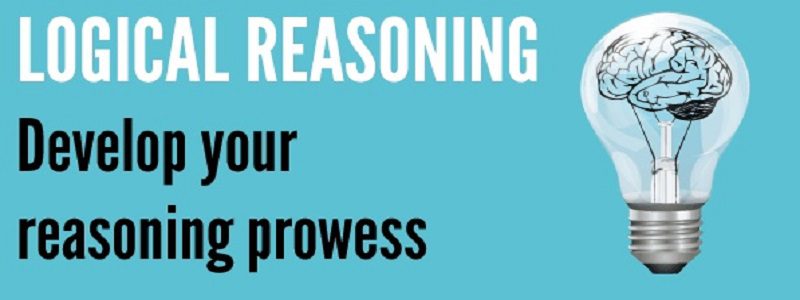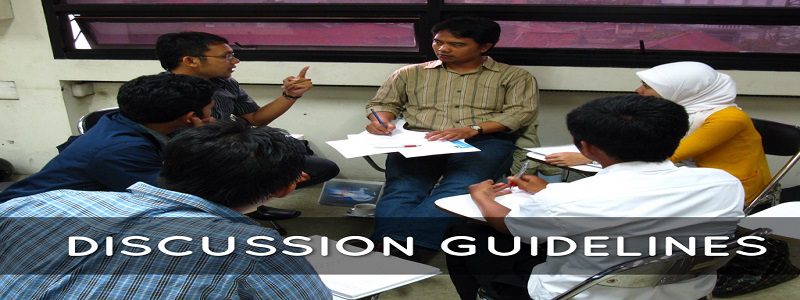NEWS
Reasoning and Refutation: Improving the Instruction of Argument Making and Argument Writing
Logistics
Argument-Centered Education will be offering two full days of professional development workshops on July 20th and 21st, sponsored by the Chicago Public Schools Department of Social Science and Civic Engagement, free to all CPS teachers. Running from 8:30am – 3:00pm, at the Garfield Park CPS offices (2651 W. Washington Blvd.), professional development credit will be issued by the Illinois State Board of Education and CPS for participating teachers.
Argument Pedagogy and the Boomerang Effect, Part 2
By Gordon Mitchell, Ph.D.
Part one of this blog post explored how recent social psychology research on “motivated reasoning” troubles key premises underlying traditional argument pedagogy. In particular, the “boomerang effect,” documented by Lewandowsky and colleagues, occurs when deployment of certain argument strategies causes interlocutors to recoil and cling even more tightly to their settled views. The Lewandowsky group recommends several “debiasing” strategies that may help arguers mitigate boomerang effects.
Teens’ Social Media Use, the Argument Assembler, and Large Groups
Ninth grade social science classes at one of Argument-Centered Education’s partner high schools ended the school year conducting a rather fully developed argument-centered project on teens’ social media use. The debatable issue:
Teens social media use makes teens less social.
There was an interest in closing the year with a project that brought together strands of academic argument studied and practiced during the year with a topic that students would find appealing, perhaps a little entertaining, and with which they’d already be familiar. Since teens are purported to spend nearly nine hours a day on social media according to a 2015 study by the organization Common Sense Media (!), this debatable issue has the familiarity criterion covered.
‘El Deafo’ and the Argument Writing Response Activity
El Deafo (2012) is the popular and subtly powerful autobiographical graphic novel by Cece Bell. It tells the author’s story of growing through the middle grades circa 1980, having just been struck mostly deaf by meningitis. The protagonist is shown grappling with how disorienting is her disability at first, then with its social and emotional impact on her early adolescence. The work is notable for its honesty, charm, and surprising poignance.
With one of our partner middle schools this year Argument Centered Education developed the Argument Writing Response Activity (AWRA). Teachers at this school wanted to be sure that the year ended with an argument writing project that brought together some of the skills-building work they had been doing in classroom speaking and discussion, especially in the second semester. AWRA has students make interpretive arguments, respond to other students’ arguments with counter-arguments, and respond to the counter-arguments of their peers. AWRA in effect takes portions of a spoken debate and asks students to put their point/counter-point in written form, enabling students to recognize and enact the underlying bond between classroom argumentative discussion and debate, and academic writing.






